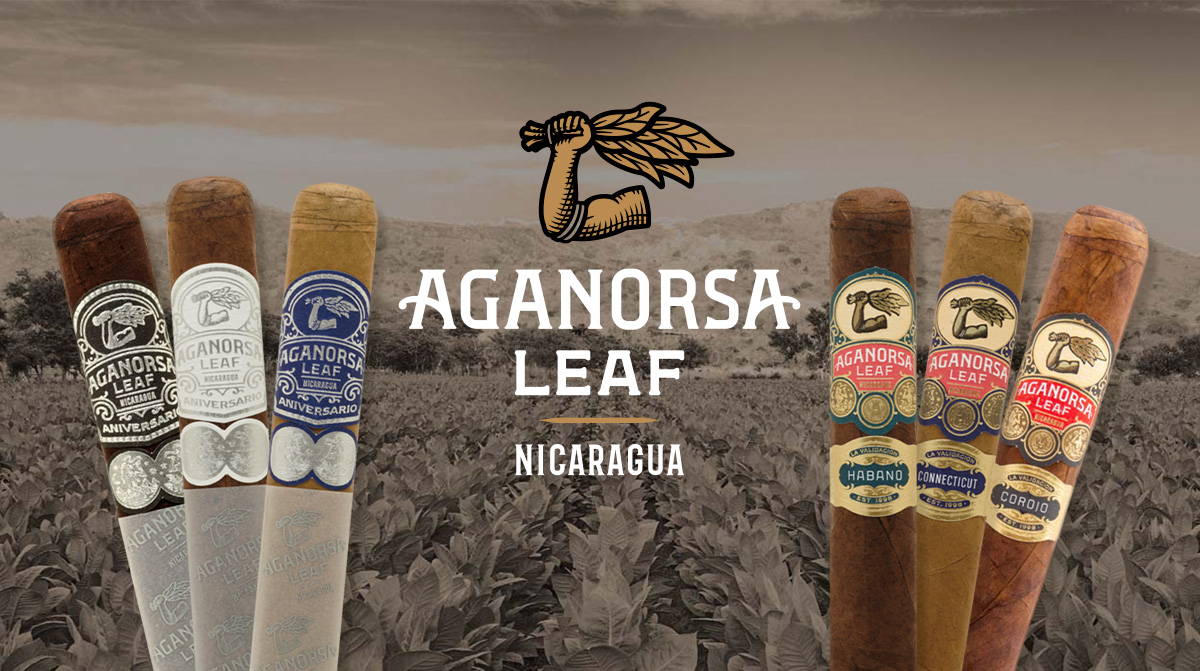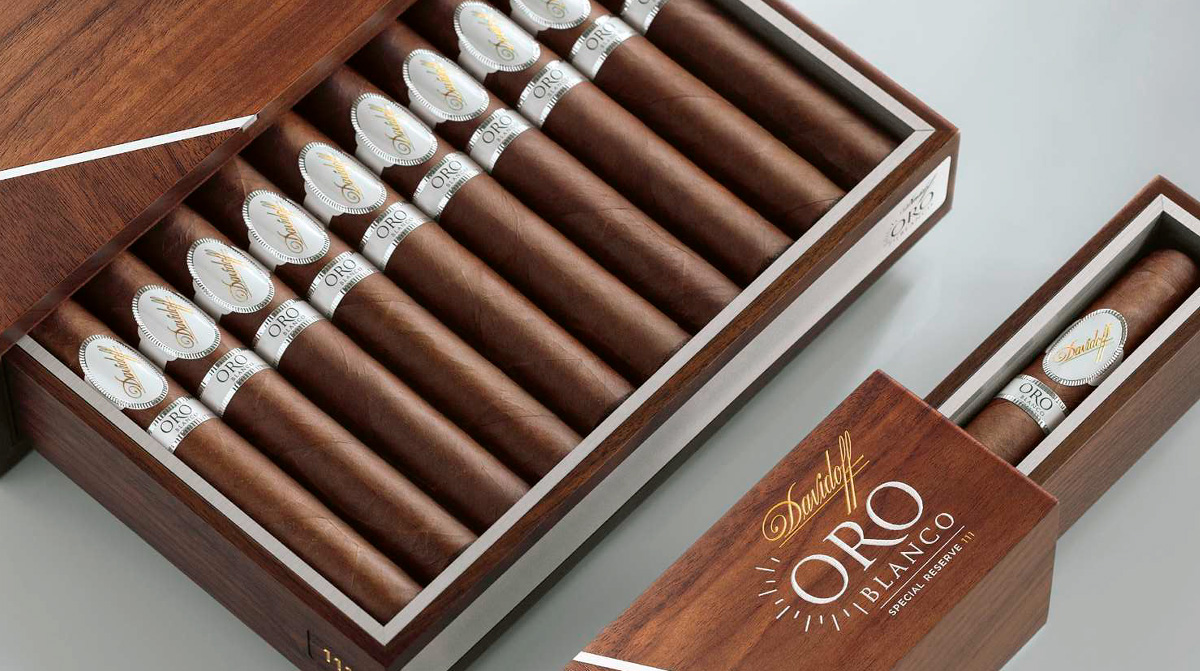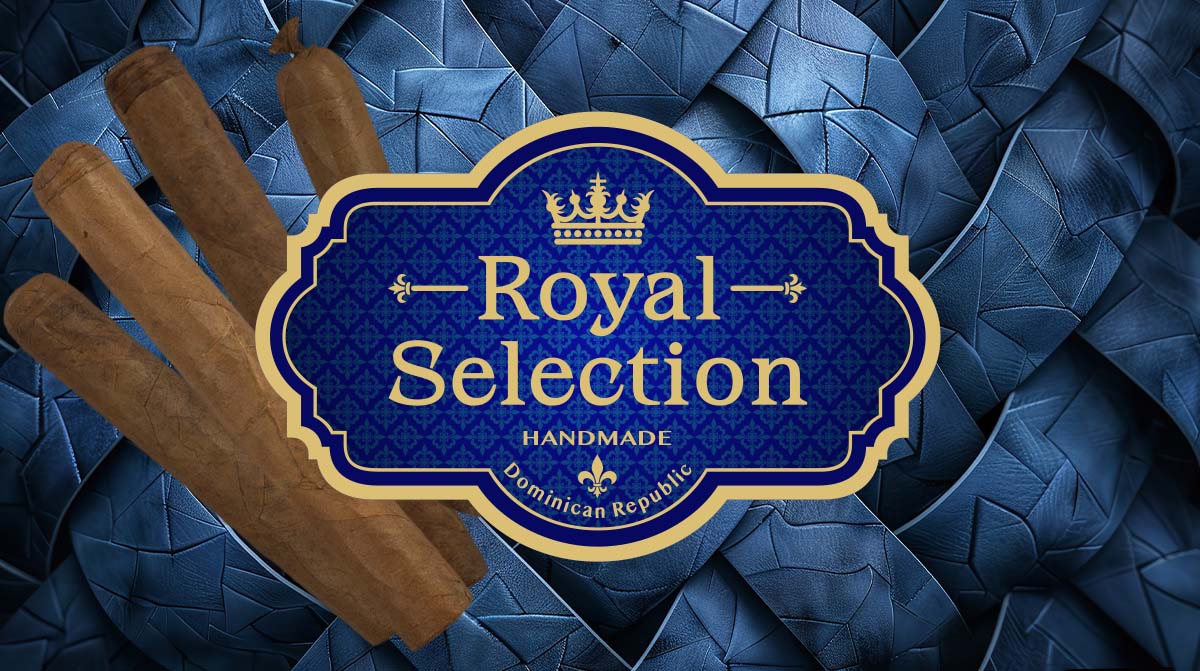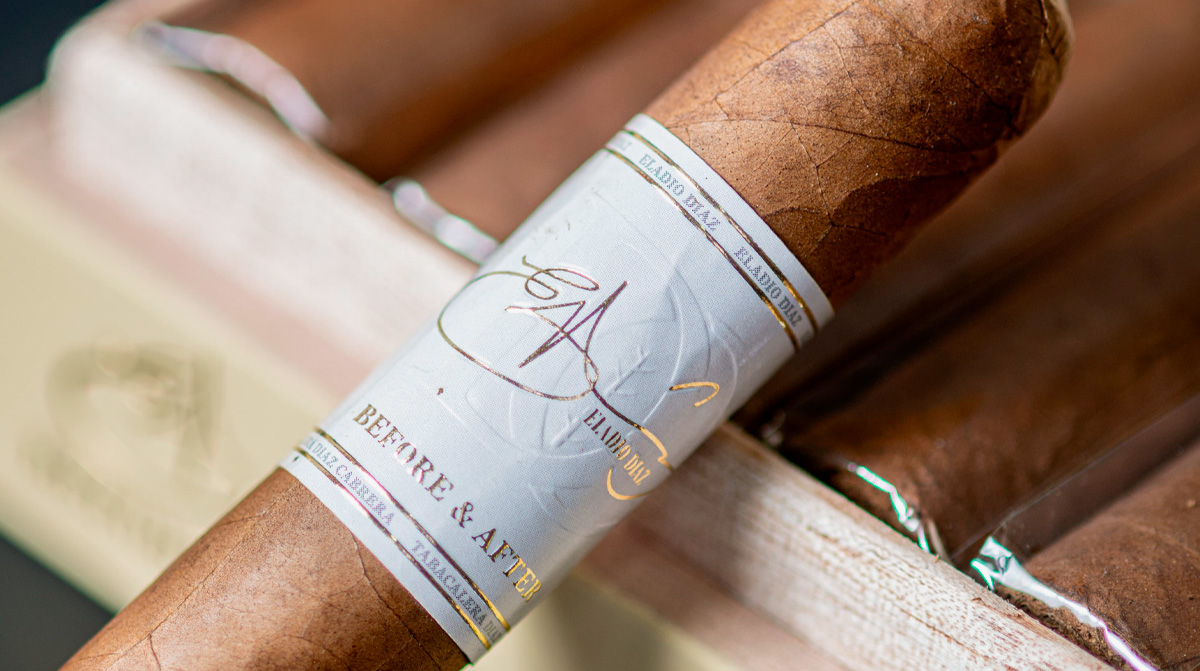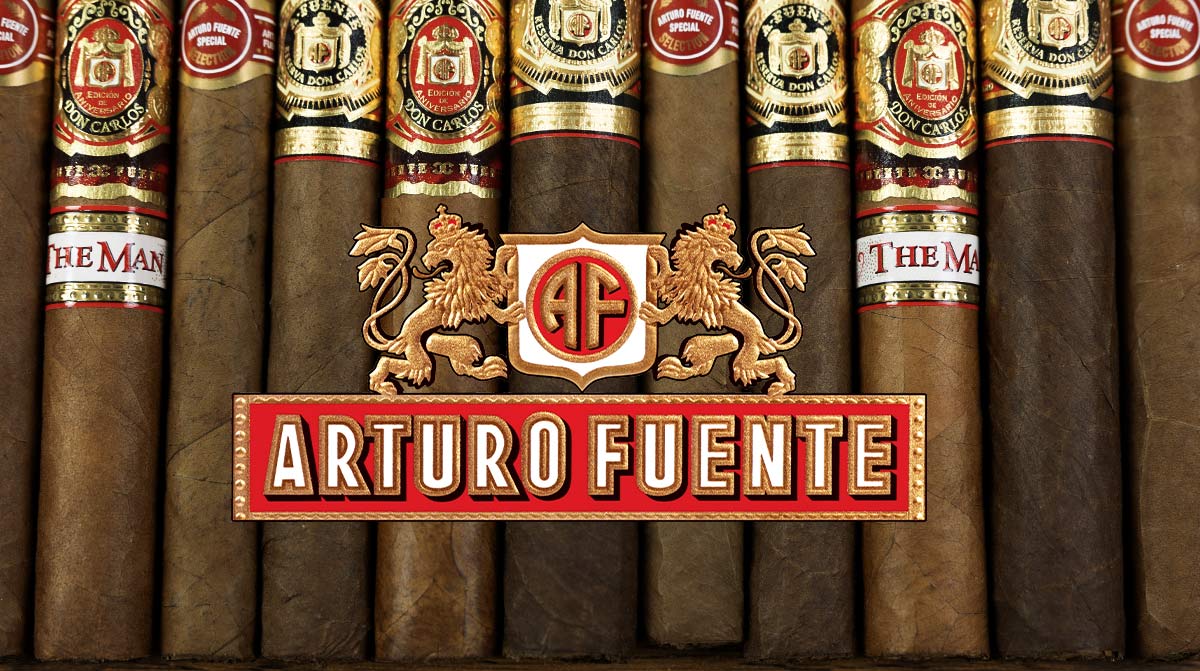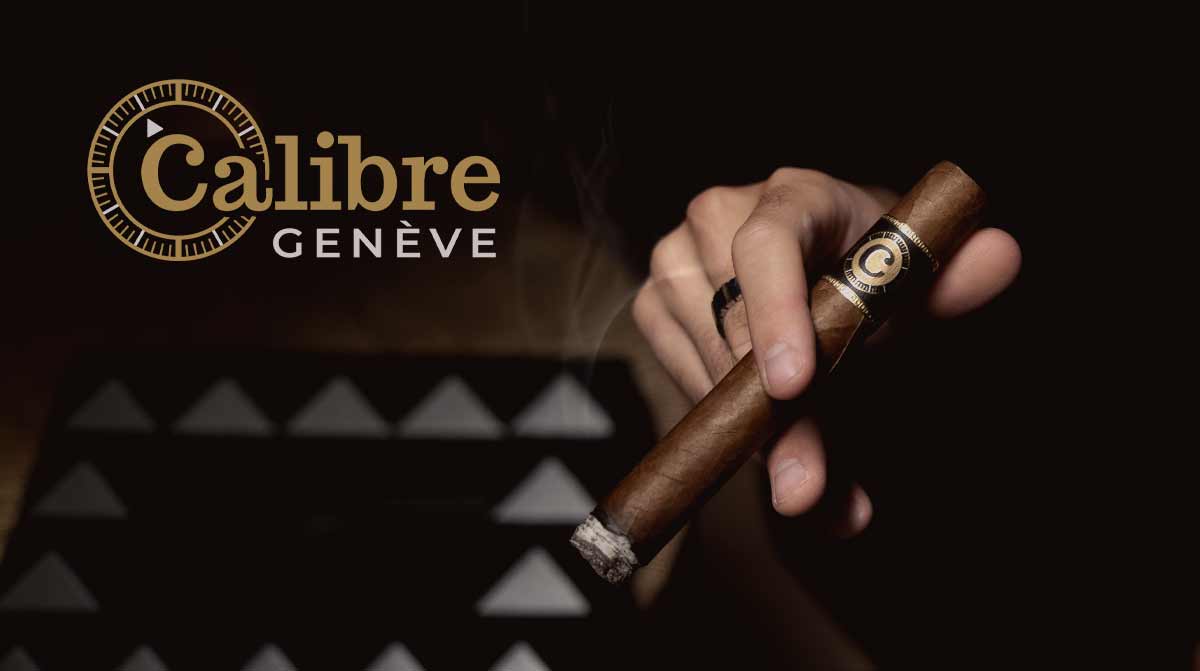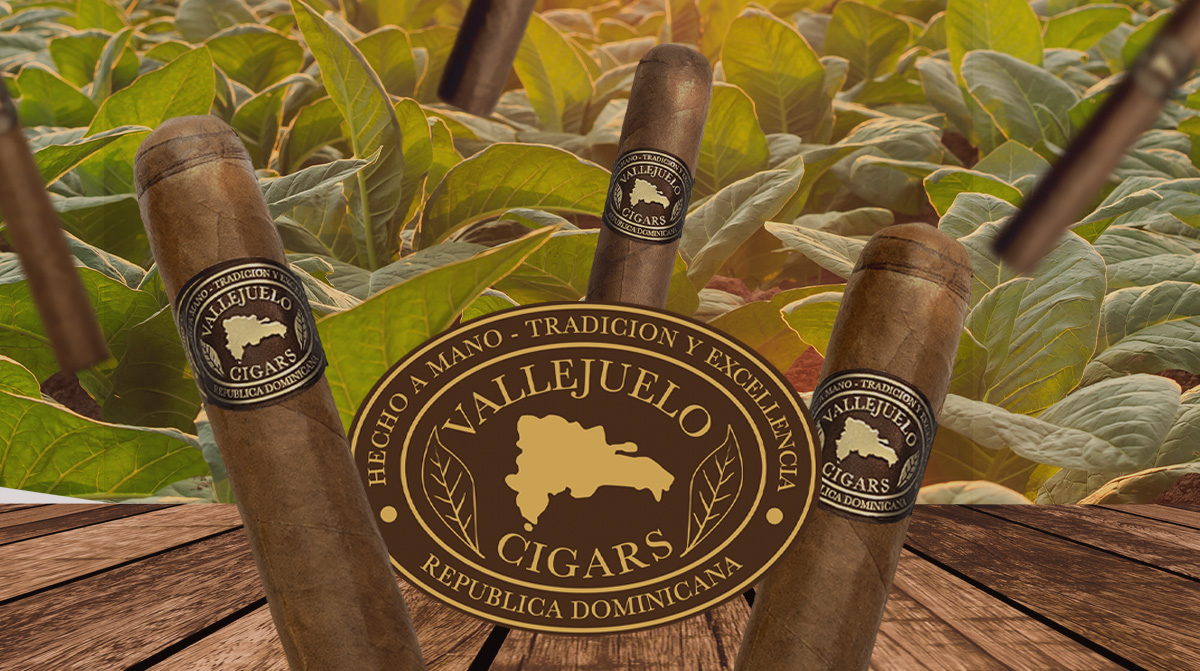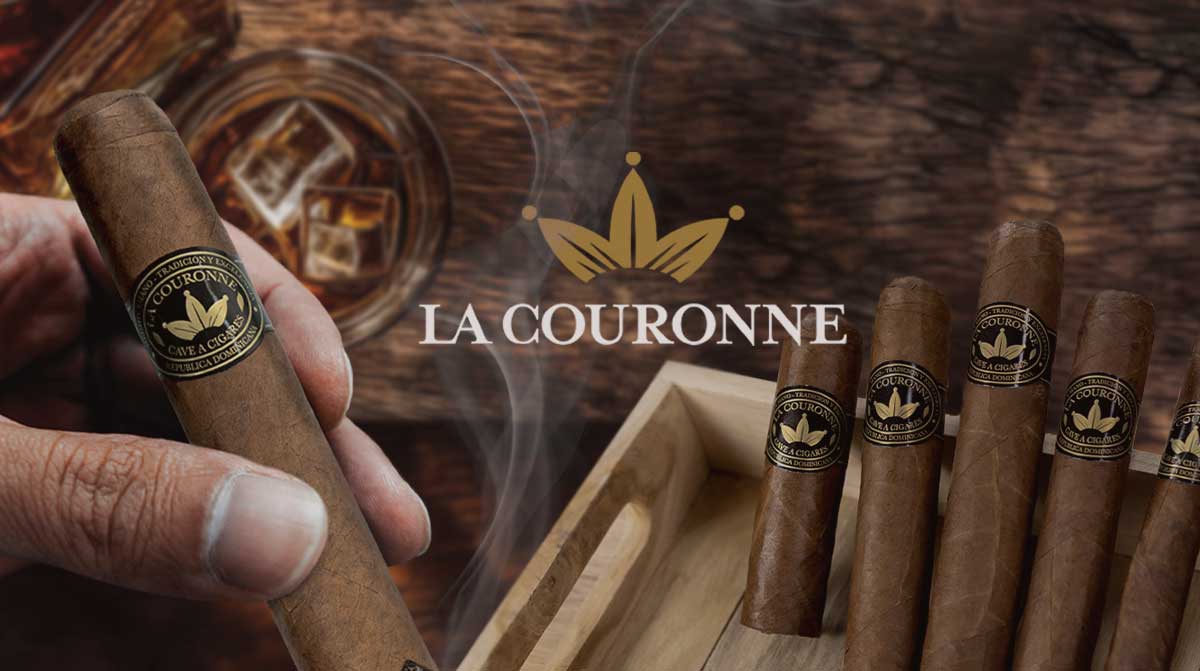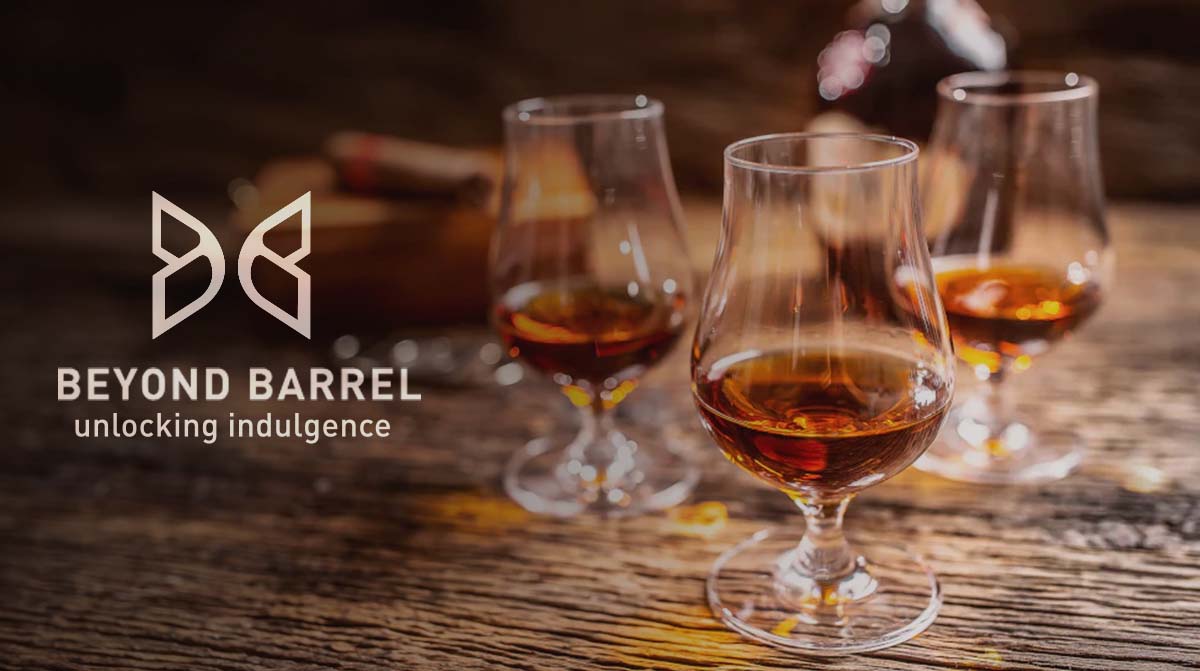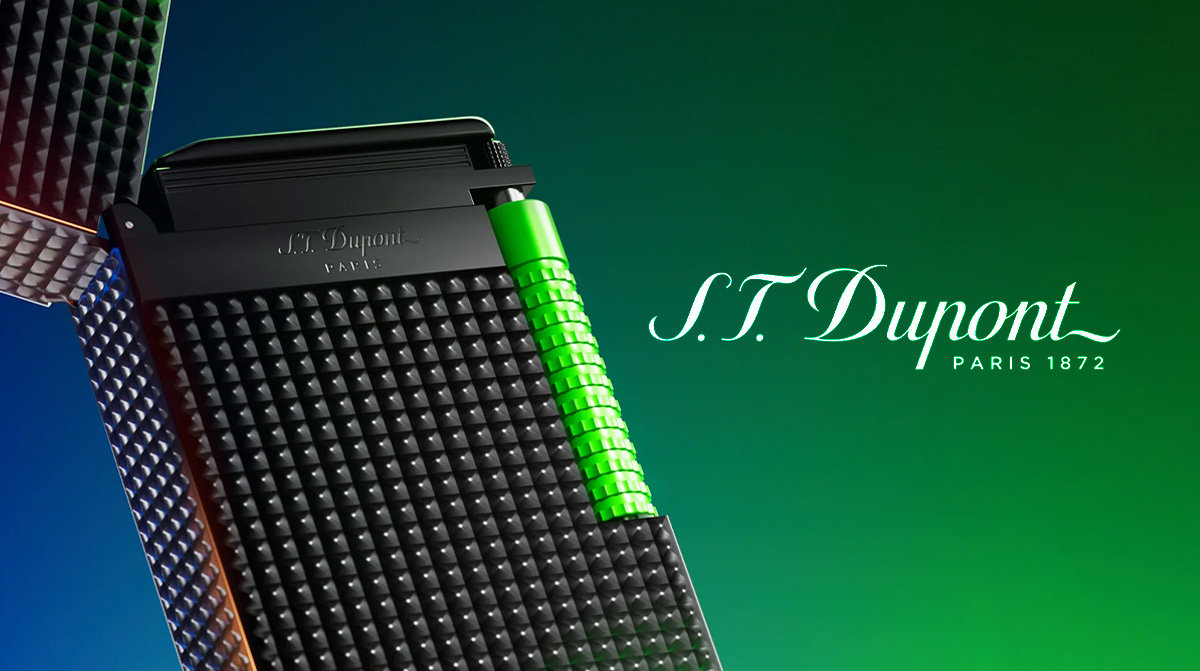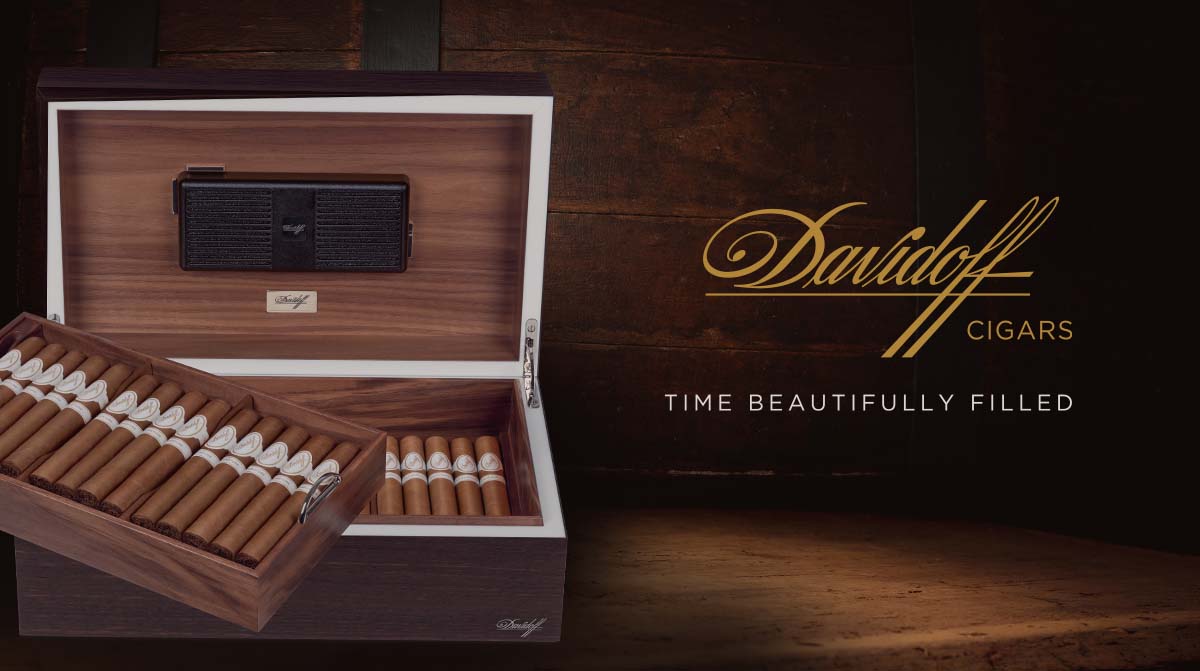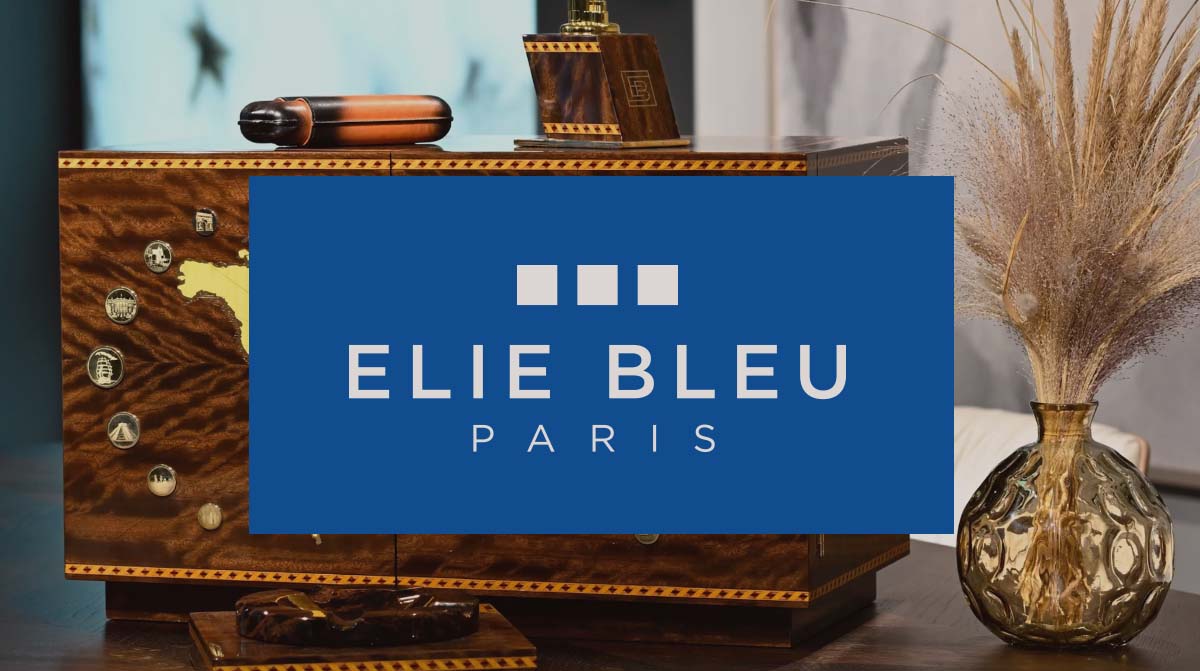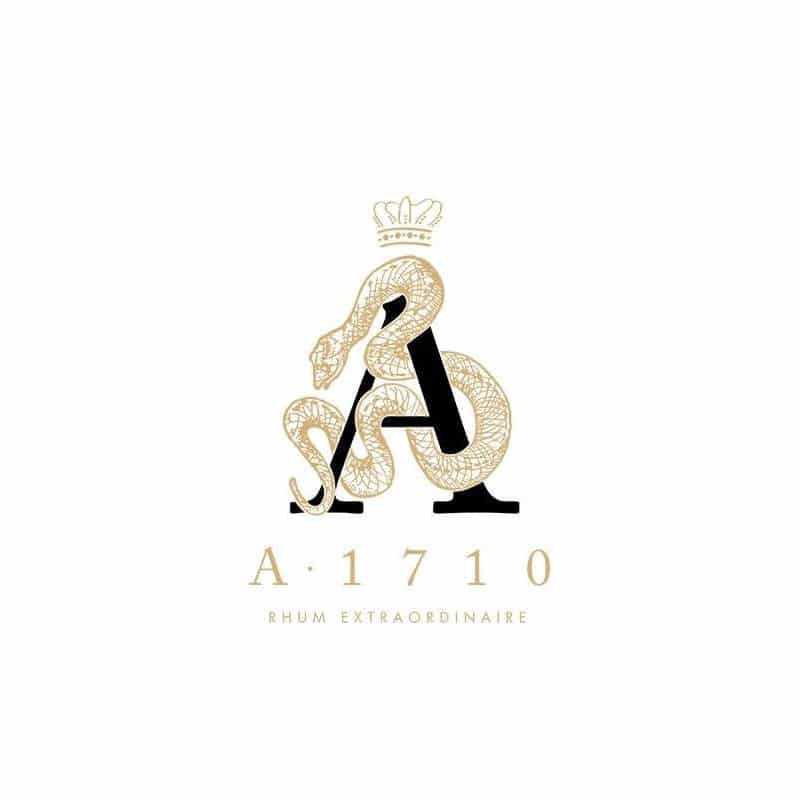The A 1710 rum distillery, founded in 2006 by Yves Assier de Pompignan, is the fruit of a bold project that blends tradition and innovation in the rich terroir of the West Indies. Settling on the Habitation du Simon, the brand is dedicated to creating a rum that combines the heritage of centuries with modernity. The ageing cellar, equipped with barrels formerly used for cognac, began to take shape in 2010, with the ambition of producing blends of old rums. Distillation is based on a copper Charentais alembic, complemented by a seven-plate column to promote a distinct aromatic profile. In 2015, Martinique granted A 1710 permission to open a Rhum Agricole distillery for the first time in decades. After ten years of apprenticeship and design, the distillery is inaugurated, marking the estate's history with its commitment to excellence and respect for tradition.
Discover our new website!FIND OUT MORE →
Worldwide premium cigar merchant since 1978
Home page
Your account
Already a member of La Couronne?
Log in for a personalized experience and access to your offers and benefits.
CONNECT
Not yet a customer?
Register to make shopping easier and access your wish list, orders and more.
- Be the first to know about product returns
- Personalize your experience
- Keep track of your orders.
₣ (CHF)
Choose your currency
₣ (CHF)
Choose your currency
Your account
Already a member of La Couronne?
Log in for a personalized experience and access to your offers and benefits.
CONNECTNot yet a customer?
Register to make shopping easier and access your wish list, orders and more.
- Be the first to know about product returns
- Personalize your experience
- Keep track of your orders.
